Islamic Solutions Beyond Politics: The Hezbut Tawheed Approach
Category :
Islam
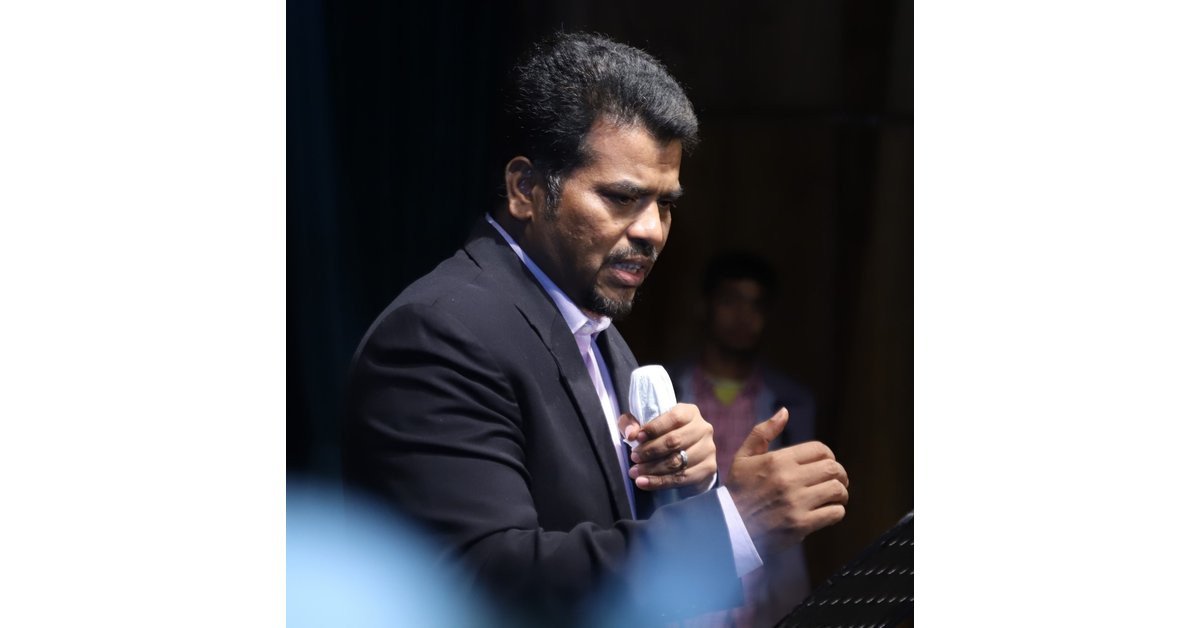
Caption: Leader discussing Islamic economic solutions and governance principles.
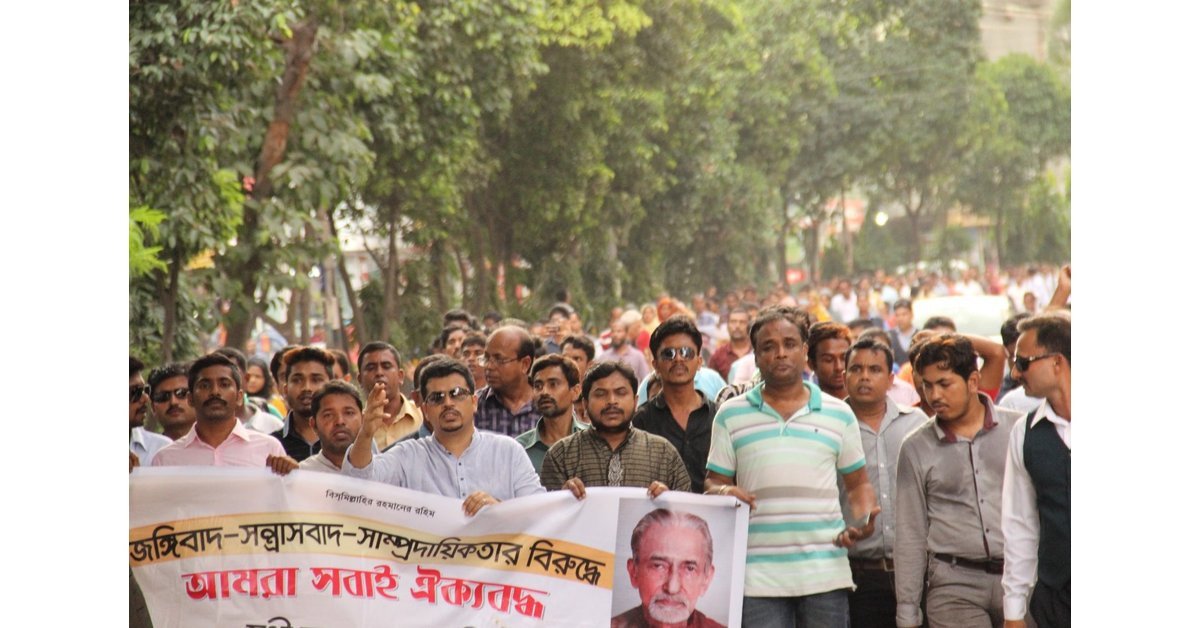
Caption: Hezbut Tawheed leader presenting solutions beyond politics to a large audience.
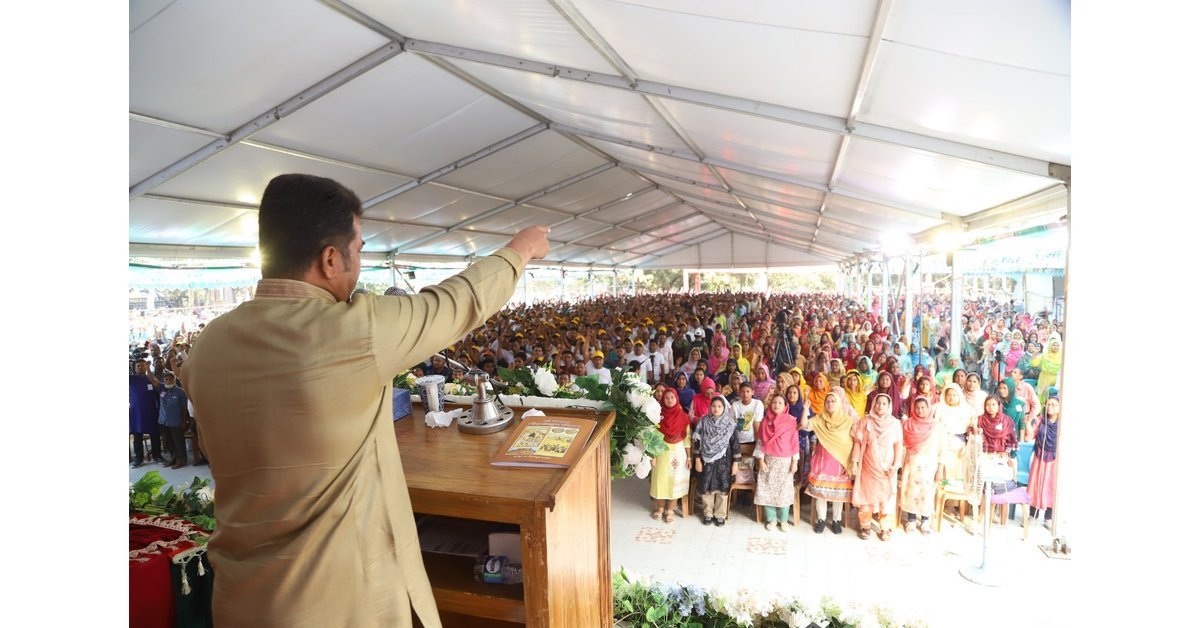
Caption: Hezbut Tawheed members rallying against extremism, communalism, and injustice.
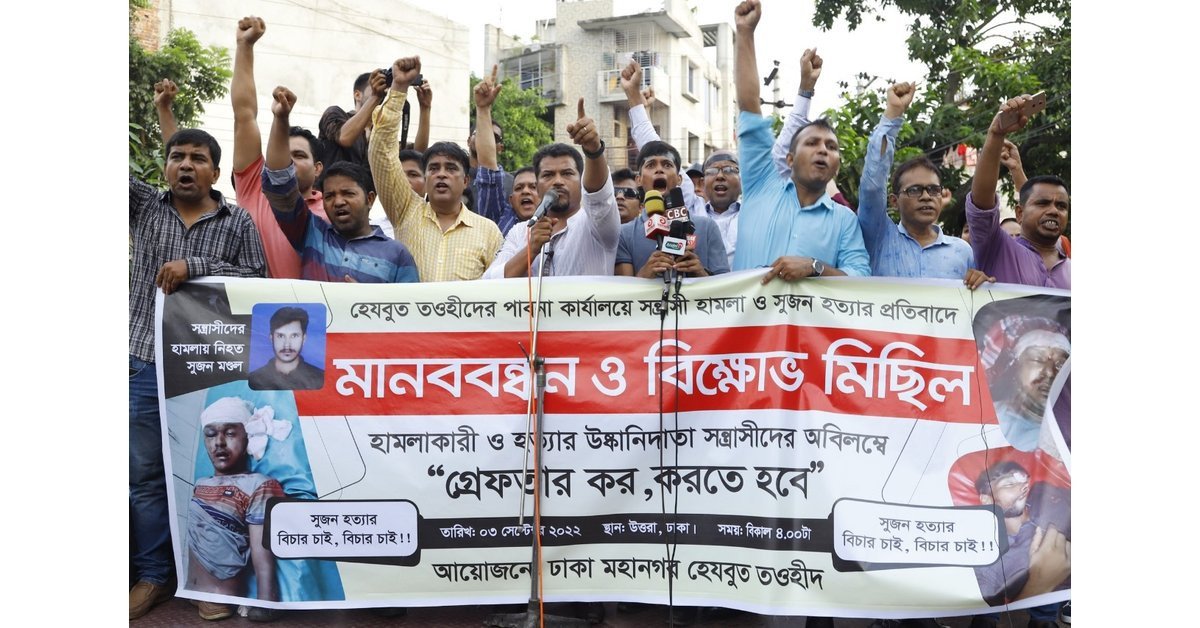
Caption: Hezbut Tawheed activists protesting for justice after the killing of Sujon Molla.
Author ::
Salzar Rahman Sabu
Jan 27, 2026
visibility
393 Read
On May 1, 1886, in the Haymarket Square of the city of Chicago in the United States, workers took part in a labour demonstration to demand fair wages and an eight-hour workday. During the protest, police opened fire on the workers, leading to numerous casualties. In commemoration of those who were injured or killed, the day has since been observed as "May Day" or "International Workers' Day."
It's important to remember that the tragic incident in Chicago occurred about a century and a half ago. Following the Renaissance in Europe, transformative scientific and technological advancements took place, leading to industrial revolutions and the establishment of extensive factories. This brought about a shift in the economic and political landscape of Europe. However, as progress advanced, a certain worldview emerged in European societies where economic exploitation became unchecked. Their economy was profit-oriented, and politics followed a capitalistic democratic system. Consequently, they adopted an economic system that perpetuated injustice.
When a society departs from justice, even if the ruling class is powerful, the flames of resentment burn within the hearts of the people. Thus, the struggle against national injustice gives rise to movements such as the farmers' movement, labour movement, student movement, and other similar protests collectively known as class struggles. These movements, driven by the force of power, have been suppressed using bullets and bayonets.
As a result, the concept of "class struggle" emerged, manifesting in various movements. On that day in Chicago, many workers' lives were lost while participating in a protest against class inequality. To combat class disparities, thinkers like Karl Marx, Hegel, and Engels proposed socialism as a path to freedom. Those who embraced socialism or communism sought to unite and initiate a social revolution, particularly empowering agricultural and labour workers. Socialists considered May Day as a special day to observe, using it to raise awareness among themselves.
Nowadays, many progressive democratic countries also observe May Day as a fashion statement. Ironically, even in the United States, May Day is celebrated, although viewed with scepticism by those on the left. They use this day to speak about workers' rights, critique capitalist democracy, and voice opposition to oppressive policies. Left-leaning individuals use the day to highlight workers' rights, failures of capitalist democracy, and condemn ruling class exploitation. The ongoing tension between socialism and capitalism is repeatedly brought to the forefront.
However, no Islamic party observes this day, viewing it as a Western concept with no connection to Islamic teachings. Even though Hezbut Tawheed does not officially celebrate this day, we view it with special importance. Allah has bestowed upon us knowledge of such a beautiful and impeccable ideal that, when implemented, can truly alleviate the suffering of oppressed labourers. We strive to convey this ideal to humanity, understanding its origins, reasons for such occurrences, and the path to resolution.
Hélder Câmara, a Brazilian Archbishop, once humorously said, "When I give food to the poor, they call me a saint. When I ask why the poor have no food, they call me a communist." This reflects the irony faced by those who question poverty. However, communists failed to add food to the mouths of the poor in practice. While their ideology was attractive, it proved bitter in reality.On the other hand, we, followers of Hezbut Tawheed, believe that providing food to the poor is a recurring commandment in the Quran. Yet, the question arises: why is there a lack of food for the poor? Islam provides the correct answer and demonstrates its practical implementation. The poor are not helpless due to a lack of resources, but because of systemic issues.
Hezbut Tawheed members, mostly impoverished but not helpless, work together in agriculture. They cultivate crops, work in cattle farms, and engage in fish farming. Through their efforts, the community benefits and food insecurity is addressed. Socialists dream of transforming the state into a collective farm. Inspired by Hezbut Tawheed’s ideal, many joint farms have emerged across the country, offering employment to hundreds.
One key difference between capitalism and socialism in Islam is individual responsibility. Islam teaches that individuals are accountable to one another and ultimately to Allah. This belief in a powerful authority influences humans to avoid injustice, tyranny, and wrongdoing. Without belief in this accountability, people see no reason to judge right from wrong and instead pursue self-interest.Believers uphold justice and morality, guided by their awareness of divine accountability. This moral compass drives them to avoid causing harm and to strive for righteousness. When socialism became powerless in solving economic crises, it also failed in practice. It rejected personal ownership and individuality. Nationalizing everything took away personal initiative and created an unsustainable system.
As a result, individuals lost their entrepreneurial spirit. Even while providing for their own families, they had to support communal needs without adequate rest. Rejecting human nature in this way is not sustainable. Islam, however, sees every person as a human being, as a representative of Allah. Life is a test for the Hereafter, requiring compassion and justice.Islam asserts that your brother has rights over your wealth. You are tested on how you use your intellect, capabilities, and resources. If you dedicate them for others' benefit, you gain true greatness. Islam teaches the difference between justice and injustice. Your knowledge, power, and experience are all part of your exam in this world.
Using your resources for others earns respect in this world and reward in the Hereafter. Islam promotes service over exploitation. This is not utopia—it’s history. Prophet Muhammad (peace be upon him) established a just system: no usury, no exploitative transactions—only charity, sacrifice, and fairness. A ruler lived like a commoner, with no special protection, and national forces protected all equally.
In Islam’s governance, there is no family-centric rule. The ruler addresses people openly in mosques. Everyone, even a rickshaw-puller, can voice concerns like wage injustice. The ruler must resolve such issues before seeking comfort. Such policies would’ve prevented the Chicago massacre. Our message is this: all other systems have failed. Humanity must return to the straight path—Sirat al-Mustaqeem—offered by the Creator. This divine way is the only path to solve all personal, social, and spiritual crises.
Images Related to this Post
Related Post
Search
Popular Post
Recent Post
Tags
Hezbut_Tawheed
Imam Hossain Mohammad Salim
Bangladesh Violence
Religious Extremism
Mob Attacks
Human Rights Violations
Minority Persecution
Rangpur Attacks
Jamaat-E-Islami
Hefazat-E-Islam
Tawheed
Muslim Ummah
Islamic Unity
Shirk
Kufr
Islamic Revival
Kalima-E-Tawheed
Obedience To Allah
Deen-Ul-Haq
Hizb-Ut-Tawheed
Ram Temple
Third Temple
Ayodhya
Jerusalem
Religious Politics
Babri Masjid
Al-Aqsa
Zionism
Hindutva
Netanyahu
Religious Hate
Muslim Unity
Noakhali Conference
Imam Salim
Islamic Movement
Shahidi Jame Mosque
Ht Members Conference
Bangladesh Religious Persecution
Islamic Reform Movement
Extremist Violence
Human Rights Bangladesh
Sonaimuri Noakhali Attack
Political Extremism Bangladesh
Faith-Based Violence
Eid Al‑Fitr
Zakat Al‑Fitr
Ramadan Charity
Islamic Social Justice
Community Harmony
Bangladesh Poverty
Islamic Economy
Sadaqah
Fitrana
Eid Unity
Arab History
Islamic Governance
Caliph Umar
Social Transformation
Women’s Rights In Islam
Justice In Islam
Political Systems
Islam Vs Democracy
Islam And Knowledge
Islamic System
Prophet Muhammad
Farewell Sermon
Hajj
Global Peace
Human Rights In Islam
Dhul-Hijjah
Arafat Sermon
Islam Vs Un Charter
Unemployment In Bangladesh
Education System Failure
Educated Unemployment
Jobless Graduates
British Education Legacy
Youth Crisis
Hezbut Tawheed Views
Bids Report
Ssc To Masters Job Race
Middle Class Dilemma
Kerani Mentality
Excessiveness In Religion
Religious Distortion
Overinterpretation Of Islam
Misguided Enthusiasm
Warnings Of The Prophet
True Islam
Spiritual Clarity
Abandoning The Mission
Chormonai Pir
Desherpotro
Islamic Reform
Persecution In Bangladesh
Religious Violence
Jamaat-E-Islami Attacks
Islamic Truth Movement
Women And Knowledge
Islamic Feminism
Gender Roles
Social Awareness
Muslim Women
Female Empowerment
Islamic History
Qur’anic Guidelines
Obeying Allah’s Commands
Islam And Suffering
Workers' Rights In Islam
Labor Justice
May Day Islam
Islamic Society Model
Chashirhat Development
Imam Hossain Mohammad Selim
Islamic Brotherhood
Fair Wages
Islamic Military Strategy
Tawheed-Based State
National Security
Qur’anic Warfare
Mujahideen
Peacekeeping
Modern Islamic Army
Military Training
Ummah Defense
Sharia Governance
Southasia
Extremism
Bangladesh
India
Pakistan
Myanmar
Jihad
Islamophobia
Radicalism
Resistance
Conflict
War
Terrorism
Proxywar
Bjp
Hasina
Ghazwa
Kashmir
Rohingya
Arsa
Militancy
Ideology
Unity
Awareness
Injustice
Arms
Geopolitics
Gaza
Hypocrisy
Taliban
Alqaeda
Afghanistan
Syria
Iraq
America
China
Russia
Media
Violence
Oppression
Nationalism
Muslim
Islam
Justice
Youth
Leadership
Sovereignty
Hezbuttawheed
Mosque
Governance
Society
Administration
Education
Military
Economy
Women
Culture
Law
Quran
Hadith
Prayer
Madinah
Baytalmal
Amir
Discipline
Khutba
Transparency
Spirituality
Training
Morality
Ummah
Prophet
Sharia
Community
Peace
Development
Security
National
Khutbah
Sabr
Zakat
Sufism
Equality
Mosquesystem
Participation
Aqiqah
Accountability
Tradition
Modernity
Ummati Muhammad
Unity In Islam
Sunnah
Islamic Teachings
Muslim World
Deen Of Islam
Security Crisis
National Unity
Political Unrest
Military Vulnerabilities
Strength
Solidarity
Disunity
Muslim Nations
Women's Rights
Rufaidah Panni
Eid Congregation
Islamic Women Empowerment
Social Justice
Equality In Islam
Momen
Kafir
Mushrik
Allah's Laws
Faith In Islam
Belief In Allah
True Believers
Kalimah
Shariah
Justice And Peace
Political Parties
Multiparty Democracy
Political Factionalism
Islamic Political System
Democracy Vs Islam
Secularism
Political Ideologies
Islamic Law
Political Vision
Governance Without Parties
Political Stability
Islamic State
Shura System
Islamic Perspective
Women’s Reform Commission
Family Law
Inheritance Law
Labor Recognition
Shariah Law
Gender Equality
Religious Opposition
Feminist Movement
Human Rights
Political Debat
Arab Society
Islamic Economic Justice
Military Transformation
Education In Islam
Judicial Independence
Accountability In Islam
Islam And Democracy
Societal Transformation
Governance Systems
Surah Yaseen
Islamic Guidance
Religious Work
Misguidance
Imam Role
Religious Commercialization
Truth And Falsehood
Religion And Society
Quranic Teachings
Ethical Leadership
Spiritual Struggle
Religious Scholars
Religious Corruption
Quranic Verses
Islamic Scholars
Prophet Muhammad (S.a.w)
Military Nation Of Islam
Sahabah
Lost Legacy
Ummah Of Muhammad
Jehad
Qetal
Islam And Violence
Islamic Leadership
State Vs Individual Struggle
Allah's Help
Islamic Reflection
Divine Support
Muslim World Crisis
Quran Teachings
Islamic Awakening
Qurbani
Bangladesh Politics
Eid Ul Adha
Islamic Sacrifice
Bangladesh Crisis
Global Conspiracy
Sacrifice
Labour Rights
Employment Crisis
Bangladesh Economy
Wage Gap
Inflation
Unemployment
Education Reform
Job Creation
Income Inequality
Post-Pandemic Economy
Eid-Ul-Azha 2025
Bangladesh Eid Congregation
Eid Prayer 2025
Women's Participation
Peace & Justice
Bangladesh Religious Events
Eid-Ul-Azha Message
Khilafah
Global Oppression
Islamic Festivals
Quranic Guidance
Spiritual Sacrifice
Ibrahim's Sacrifice
Eid Mubarak
Peace Through Tawheed
Women's Reform Debate
Bangladesh Women's Rights
Hezbut Tawheed Position
Islamic View On Women's Rights
Legal Reforms Bangladesh
Family Law Reform
Inheritance Rights
Sharia Law Bangladesh
Women's Equality
Western Influence
Religious Groups Debate
Gender Equality Islam
Islamic Social Solutions
Women's Dignity In Islam
Islamic Solutions
Beyond Politics
Labor Rights
Class Struggle
Economic Solutions
May Day Analysis
Economic Justice
Divine Accountability
Global Economic Crisis
Capitalism Vs Islam
Socialism Vs Islam
Savar Attack
Ishwardi Attack
Religious Fanaticism
Political Manipulation
Islamic Extremism
Government Response
Democratic Threats
Islamic Teachings Misuse
Radical Ideology
Communal Conflict
Radical Groups In Bangladesh
Terrorism In Bangladesh
Islamic Rights
Mosque Access
Eid Prayer
Muslim Women Empowerment
Prophet Muhammad Teachings
Women In Mosques
Women Rights In Islam
Gender Equality In Islam
Masjid An-Nabawi
Women's Role In Islam
Misconceptions About Women
Women Participation In Mosque
Eid Khutbah 2025
Islamic Sermon
Hossain Mohammad Selim
Bangladesh Eid
Qurbani Meaning
Women In Islam
Rufaydah Panni
Islamic Congregation
Female Participation In Eid
Chashirhat Eid
Palestine Solidarity
Eid Prayer Bangladesh
Women In Eid
Kushtia Rally
Gaza Crisis
Muslim Persecution
Bangladesh News
Peace Movement
Humanity
Divine Law
Social Reform
Religious Harmony
Truth
Call To Action
Palestine
Dajjal
Islamic Struggle
Mohammad Bayazid Khan Panni
Genocide
Oic
Protest
National Press Club
Rangpur Attack
Religious Reform
Karwan Bazar Protest
Terrorist Attack
Law And Order Failure
Emamht
Ht_In_Brief
Pabnaattack
Justiceforvictims
Humanchain
Politicalviolence
Legalreform
Endimpunity
Bangladeshjustice
Hezbuttawheedleaders
Demandjustice
Pabnapressconference
Policeinaction
Proposedgovernancesystem
Islamicstatesystem
Allahslaw
Economicreform
Educationreform
Capitalismcritique
Dhakaevent
Purposeofcreation
Humancreation
Khalifah
Allahsplan
Divineguidance
Adamsstory
Islamicteachings
Peaceandjustice
Sovereigntyofallah
Lailahaillallah
Islamiccreed
Aqidah
Islamicfaith
Iman
Deen
Peaceinislam
Purposeofislam
Beliefsystem
Faithandworship
Why
Escalate
Mohammad Bayazeed Khan Panni
Hossain Mohammad Salim
Religious
Extremist
Interfaith
Situation
Ultimatum
Threats
Extremist Attack
Attack
Movement
Barakat Hossain Osama
United Kingdom
Conservative Party
Donald Trump
Secular Leadership
Fanatical Populace
Fanatical
Populace
Religion
Extensive Damage
Catastrophic Flooding
High School
Urgent Help Needed
Devastated
Allah
Modus Operandi
Messenger
Believer
Messenger Of Allah
People
Human
Jame Mosque
A Cornerstone
Cornerstone
A Just Society
The Establishment
Establishment
History
Messenger Muhammad
Simple And Straightforward
Who Made
The Simple
Complex
Way Of Life
Jannah
Way To Jannah
Civilization
Religious Figures
Survive
Politics
Worship
Establish
Goals And Objectives
System Of Life
Money
Tolerance
Madness
Mo'men
Today’s
Educated
Needs
Corruption
British
Government
Democracy
Communism
Socialism
Political
Secular Education
Responsible
The Reign
Hindu
Terrifying
Slavery
Jewish Conspiracy
The Protocols Of The Elders Of Zion
Politician
Give And Take
Education System
European
Population
Mentality
Slave
Preface
Children
The Quran
The Miracle
Creator
The Creator
Creation Of Man
The Creation Of Man
Premise
First Words
Aqida
The Programme
The Messenger
Mankind
Actual
Concept Of Islam
Crossroads
Mojeza
The Call
Panni
The Author
Qur'an
Process
The Process
A Person
Tabook
The Special Three
Special
The Tabook
The Ahzab
Ahzab
Khandak
The Uhud
Uhud
The Badr
Badr
Ebadat
Ma'bud
Vicegerent
Worshipper
Aqaed
The Reasons
Reasons
Reason
Adam
Eblis
Khalifa
Angels
Adam And Eve
Adam And Hawa

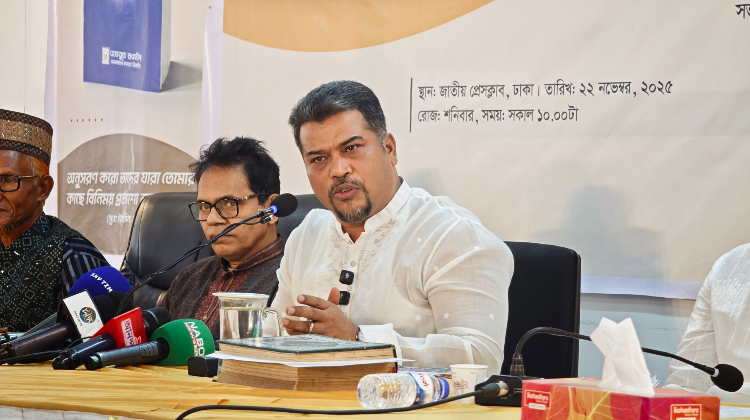
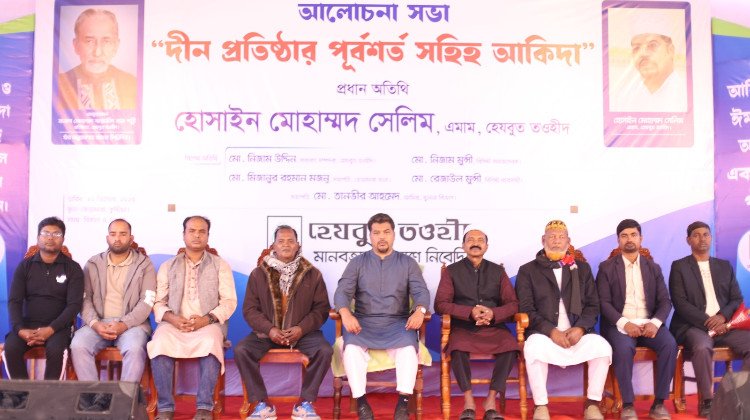

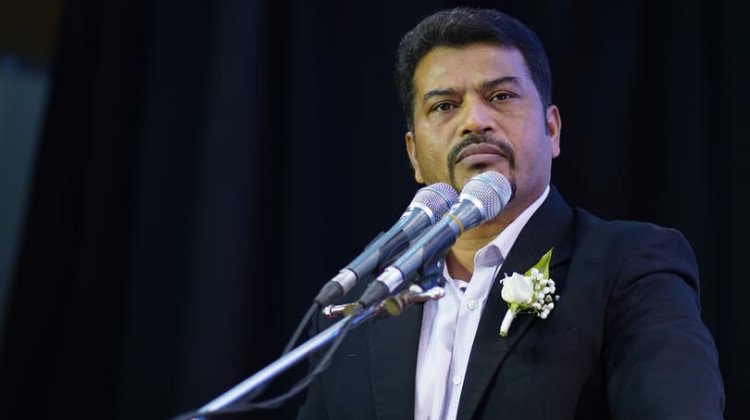
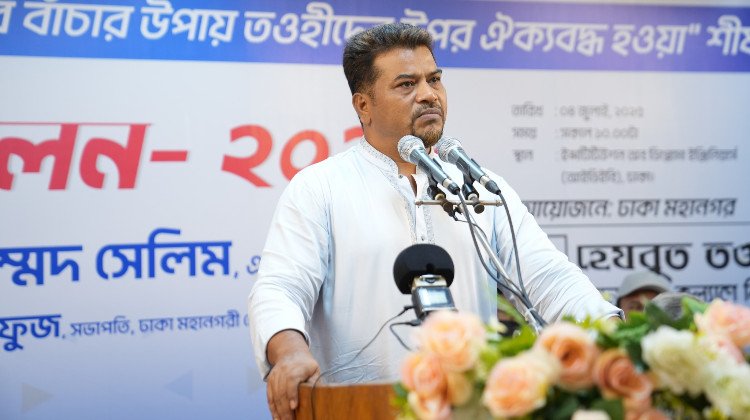
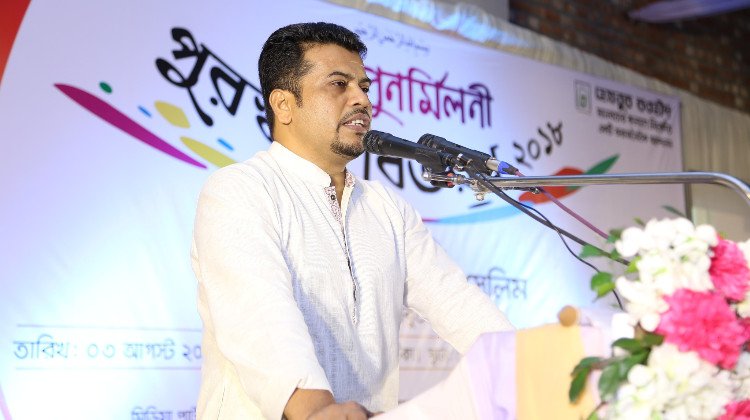
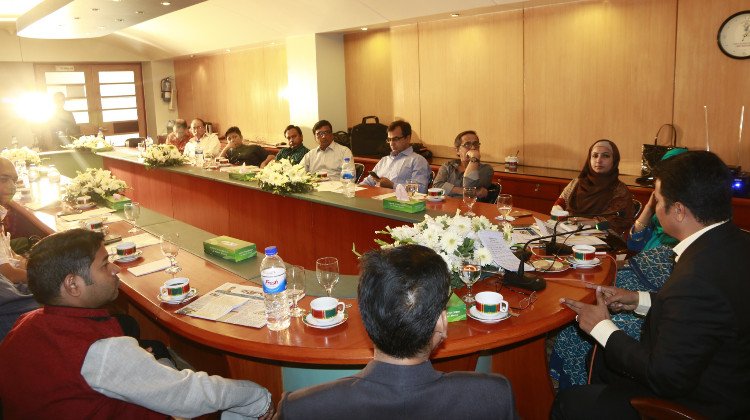
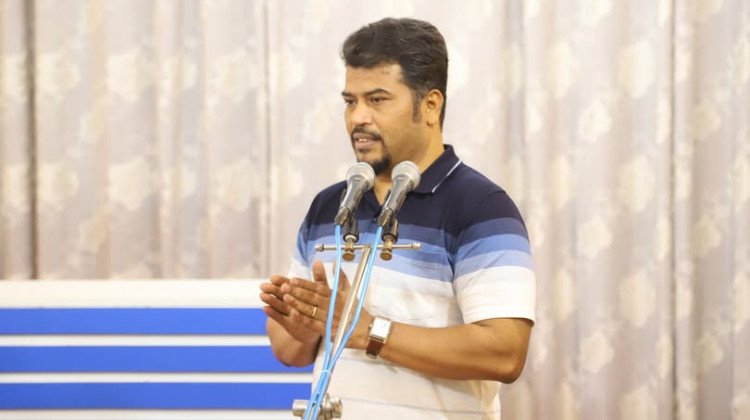
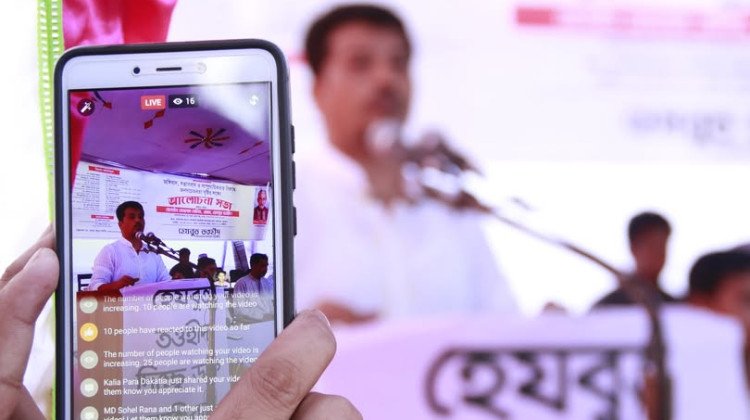
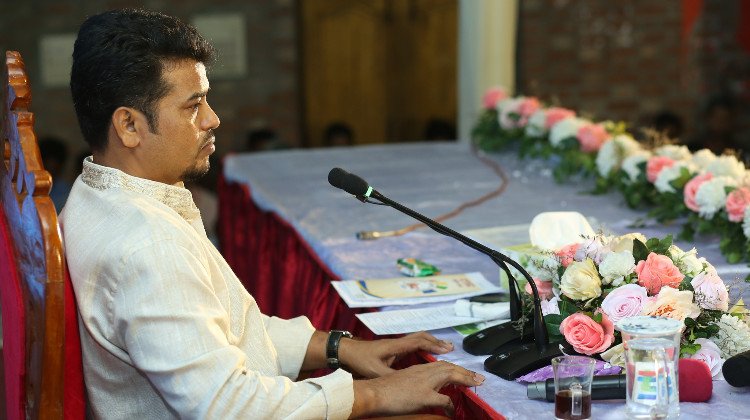

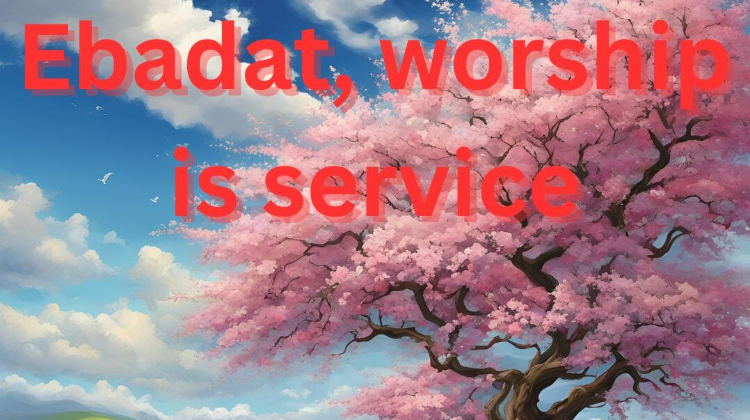
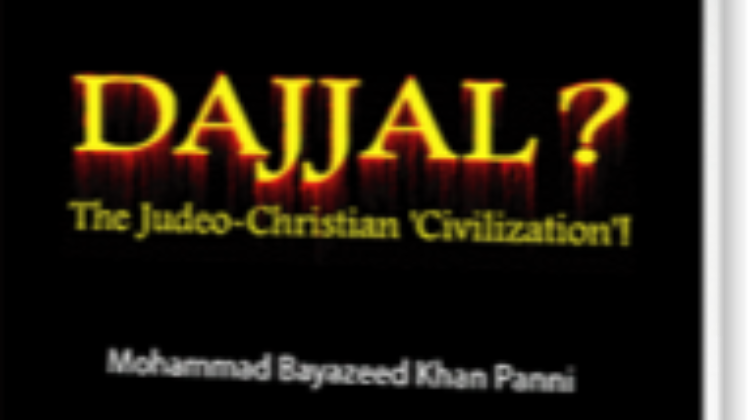



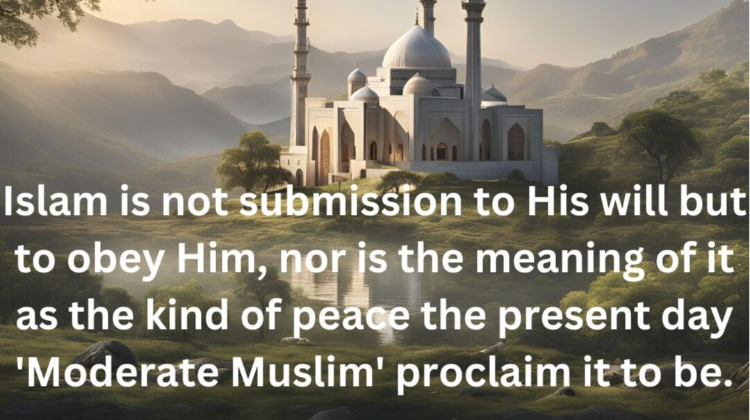

Leave a Comment